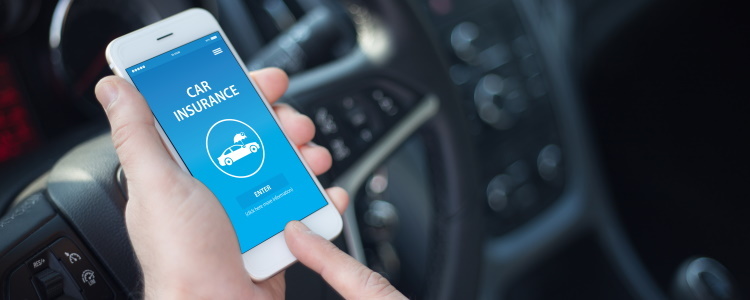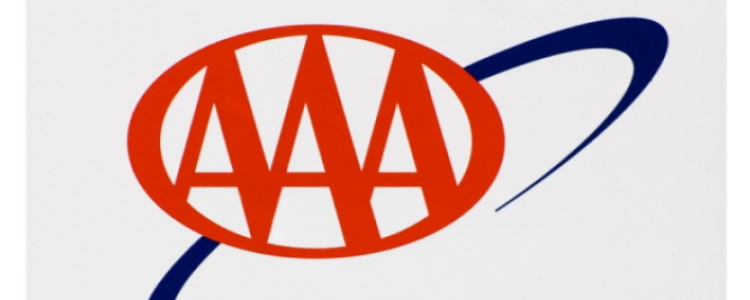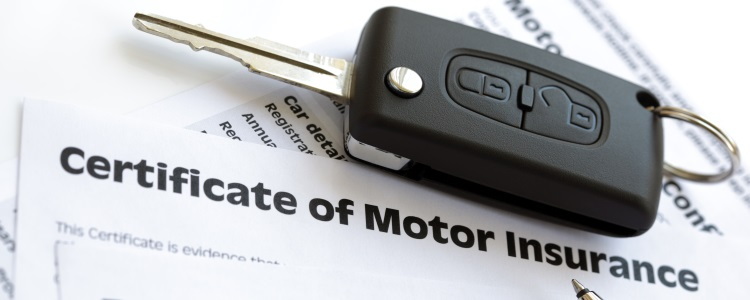If you have a vehicle, chances are you have it insured. If you're financing you're required to carry full coverage auto insurance. If you get caught without it, it may mean being charged more for an insurance policy by your lender. Or, it could lead to default which could lead to losing your vehicle.
Insurance Requirements for Auto Loans
When you're financing a car, your coverage options for insurance are typically easy to choose from since you only have one choice: full coverage.
Where this gets a little trickier is that there's not one insurance policy that constitutes "full coverage.” Full coverage auto insurance is typically some combination of collision, comprehensive, and liability insurance. The minimum amount of coverage required varies by state, and your lender may have minimum coverage requirements of their own.
The most common options are generally some combination of:
- Collision insurance: This covers vehicles that are damaged in a traffic collision, whether you're at fault or not.
- Liability insurance: If you're at fault in an accident, this covers any property damage that may occur and the medical bills of injured parties.
- Comprehensive insurance: This covers damage done to a car from non-accident related causes such as falling trees, hail, and theft.
- Uninsured/Underinsured motorist: This isn't required in all states. In those that do, it covers damages to you and your vehicle if you're in a collision with a driver who isn't insured, or who doesn't have enough insurance to cover damages.
Once you've paid off your loan, you're free to drop to another level of coverage that may be less expensive. However, keep in mind that less coverage means more cost to you if you're in an accident in the future.
What Happens if My Insurance Lapses During My Car Loan?
If you can't keep your vehicle fully covered during your auto loan, the consequences could be dire in some cases. Because you're not the first person listed on the car's title until you finish paying off your loan, the car still belongs to the lienholder – your lender. They want as much protection on their asset as possible.
 When your insurance coverage lapses (whether you stop making payments on your insurance or miss a renewal deadline) your insurance company lets the lender know that you no longer have coverage. In this case, lenders typically have the option to issue you a force-placed insurance policy.
When your insurance coverage lapses (whether you stop making payments on your insurance or miss a renewal deadline) your insurance company lets the lender know that you no longer have coverage. In this case, lenders typically have the option to issue you a force-placed insurance policy.
This policy usually provides the most coverage they can get, with little regard as to what it costs you. The insurance premium is added directly to your car payment, raising how much you're required to pay each month. If you couldn't handle your own lower-priced insurance policy to begin with, this could lead to more financial strife.
Once you start missing auto loan payments you may start down the steep path of default, and eventually, repossession. With this big risk on the line, it's important to know all you can about your car insurance, what's required of you, and what you can afford.
Additional Auto Insurance Tips and Info
How much you have to pay for your policy is only the start of understanding your insurance coverage. Some of the other things you need to take into account are:
- Knowing when your policy starts and ends
- When you need to renew coverage
- What’s covered and what’s excluded
- Whether or not you have roadside assistance, locksmith services, etc.
- What happens in the event of a coverage lapse
- What discounts you can qualify for
It’s important to read through your insurance policy thoroughly. If you’re informed about your coverage, you’re less likely to be thrown for a loop when you need to file a claim or if something happens to you or your vehicle.
Getting the Most Coverage For Your Car
Car insurance coverage, despite popular belief, typically follows the vehicle, not the driver. So, if someone else crashes your car, you're responsible for filing the claim with your insurance company. Some insurance policies do cover other drivers, but many times this is an added coverage option. It's just one of many types of added policies.
Other forms of additional coverage you can typically buy include emergency roadside coverage, medical payments coverage, customer equipment coverage, rental car insurance, and guaranteed asset protection (GAP), or new car replacement insurance. Coverage available to you depends on your insurer, the state you live in, and the status of your auto loan.
Don't forget that the more coverage you want the more money you have to budget for insurance. Lenders, especially those that work with bad credit borrowers, take this into account when they calculate your ability to take on a car loan. Since coverage can vary, lenders typically estimate around $100 a month for your auto insurance costs.
To make sure that you only pay for what you need, and to get the lowest price you can for the most coverage it can be a good idea to rate shop for the policy that fits your situation. Compare prices and coverage of major insurance agencies, or use a car insurance comparison tool to find a rate with less searching.
Ready to Finance Your Next Vehicle?
When you're financing your next car, don't forget to include full coverage insurance in your budget. If you're not sure where to start looking for your next loan due to bad credit, you've come to the right place. Auto Credit Express has built a network of special finance dealerships all across the country and we want to connect you to a dealer in your area. You can get started on your way toward an auto loan now by filling out our fast, free, car loan request form.
















